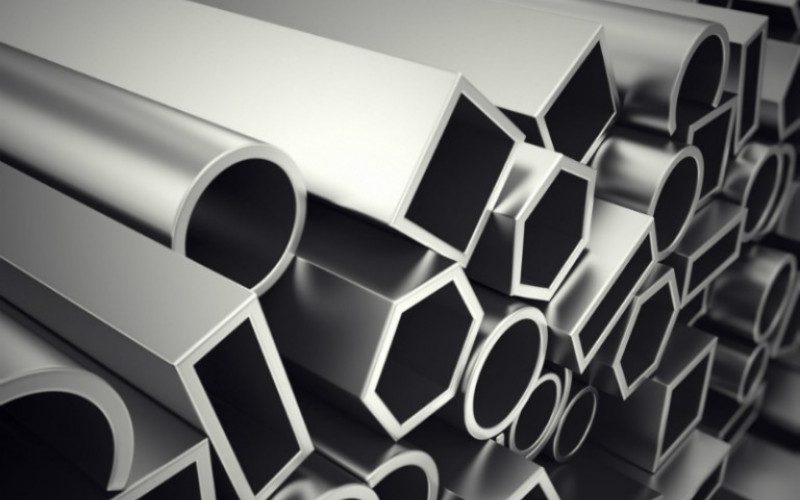Selecting the best materials is crucial for the success and longevity of any construction project in the United States. While strength, durability, and cost are always top considerations, choosing the right metal component can make a significant difference in overall performance. For those searching for a reliable solution, the term Aluminum Round Bar frequently appears as a top choice in online research for structural and architectural applications.
Understanding Aluminum Round Bars: Applications and Benefits
Aluminum round bars are solid cylindrical rods made from various aluminum alloys. They are highly valued in American construction for their combination of light weight, corrosion resistance, and strength. These bars are commonly used in frameworks, supports, railings, and architectural features. Their versatility extends to both indoor and outdoor applications, from commercial buildings to residential renovations.
Key benefits include:
• Lightweight Nature: Easier handling and reduced transportation costs.
• Corrosion Resistance: Ideal for outdoor or moisture-prone environments.
• Workability: Easily cut, welded, or machined for custom applications.
• Aesthetic Appeal: Clean, modern look for exposed structures.
Factors to Consider When Choosing an Aluminum Round Bar
With a variety of options available, it’s important to assess several factors before making a selection for your construction project:
1. Alloy Type
Different aluminum alloys offer unique mechanical properties. For example:
• 6061 Alloy: Well-known for its strength, weldability, and machinability—suitable for structural applications.
• 6063 Alloy: Preferred for architectural trim due to its superior surface finish and corrosion resistance.
Understanding the intended use will help determine the most suitable alloy.
2. Bar Diameter and Length
Selecting the correct diameter and length is vital to ensure structural integrity and minimize waste. Common diameters range from 1/4 inch to several inches, depending on the load and application. Standard lengths are available, but many suppliers offer custom cutting to fit project specifications.
3. Temper and Strength Requirements
The temper, or hardness, of an aluminum round bar affects its strength and flexibility. Construction projects often require bars with specific tempers, such as T6 (solution heat-treated and artificially aged), to meet engineering demands. Always review project blueprints and consult with engineers to match the right temper to your needs.
4. Compliance and Standards
Ensure that the aluminum round bar meets relevant American standards, such as ASTM B221 for extruded bars. Using certified materials not only guarantees quality but also ensures compliance with building codes and safety regulations.
Tips for Sourcing Aluminum Round Bars in the United States
• Work with Reputable Suppliers: Choose suppliers who provide material certifications and can answer technical questions.
• Consider Lead Times: Factor in order processing and delivery times, especially for custom sizes or large quantities.
• Request Samples: If possible, examine samples to verify surface finish and quality before placing a large order.
Making the Right Choice for Your Project
Choosing the right aluminum round bar involves understanding your project’s structural requirements, the specific properties of various alloys, and ensuring compliance with American standards. By carefully evaluating these factors and working with knowledgeable suppliers, you can confidently select a material that delivers strength, reliability, and visual appeal. With the right choice, your next American construction project will benefit from the long-lasting performance and versatility that aluminum round bars provide.

